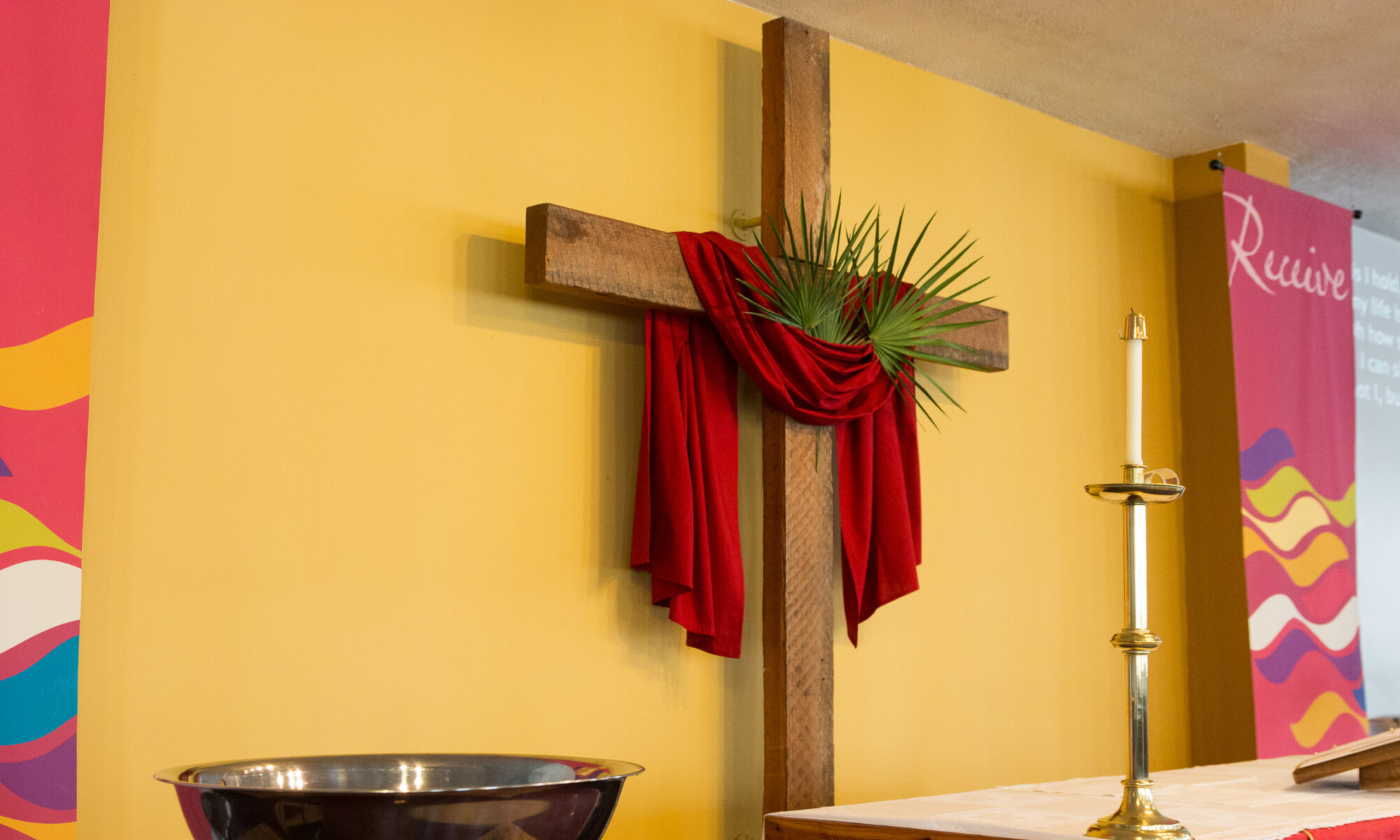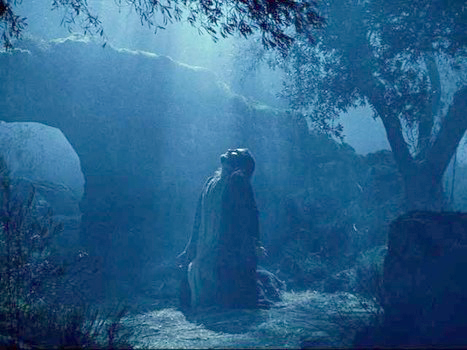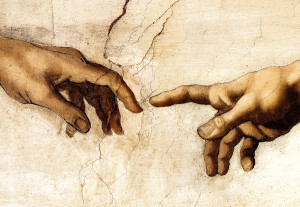“I have gone astray like a lost sheep; seek your servant,
for I do not forget your commandments.”
Psalm 119:176
I have always been fascinated by the Psalmist of the Long Psalm (119). Early in my Christian life I was appalled by his love for God’s law (caught up as I still was in the after effects of the devil’s lie that ‘my way’ was always the ‘best way’). But today, I am enthralled by the love, and desire to emulate the Psalmist in the experience and expression of it.
So, what does the Psalmist know that we need to know?
First of all, that there is indeed an ‘order’ within creation itself, a way of life, that if embraced, leads to ‘life’—that is, more and abundant life! Just look at some of the statements from today’s lection that ends the psalm itself:
“The sum of your word is truth, and every one of your righteous rules endures forever.” V.160
“I rejoice at your word like one who finds great spoil.’ V. 162
‘Great peace have those who love your law; nothing can make them stumble.” V. 165
The deep conviction that there IS an order to creation, and that to embrace that order leads to life, lies at the heart of the psalmist self-awareness.
But note as well, that the Psalmist knows that the discovery of that order is itself a gracious gift from the Creator himself! Without this gracious self-disclosure, the order would be hidden from the psalmist. Note again the Psalmist’s own words:
“I rise before dawn and cry for help” Why? Because “I hope in your words” – I hope in your self-disclosure (v. 147).
“My eyes are awake before the watches of the night, that I may meditate on your promise’ – the ‘promise’ of ‘more, and abundant, life’ (v. 148).
All of this leads to his pleas to “give me life according to your promise’ (v. 154); “give me life according to your rules’ (v. 155); “give me life according to your steadfast love” (v. 160). The very character and ways of God are graciously revealed in the Word of God.
Knowing all of this, I still found myself struck by how the psalm ends:
“I have gone astray like a lost sheep!” (v. 176).
The Psalmist who has received the revelation of God – the revelation of God’s good order—and has embraced the ways of God –“for I do not forget your commandments’ (v. 176)—nonetheless, at the end of the psalm, still finds himself as a ‘lost sheep’, one who has wandered “astray”.
This is a sobering thought.
It is not enough, it seems, to possess the revelation, nor even to embrace the revelation! There are forces within our world and within ourselves that nevertheless cause us to ‘go astray’.
So what is the Psalmist’s solution?
“Seek your servant!”
He throws himself upon the shepherding heart of his Creator! The heart of the One who not only created the order and has revealed it to us, but who alone can help us to live by it—even when we are led astray by the forces that confront us!
The Psalmist describes the Divine-human partnership that lies at the heart of the gospel; the key part being the ‘shepherding heart of God’.
May we daily commit ourselves to his ways, while crying out for his ‘seeking presence.”









